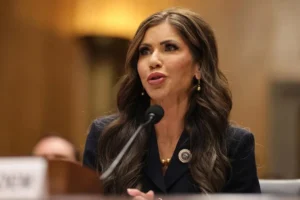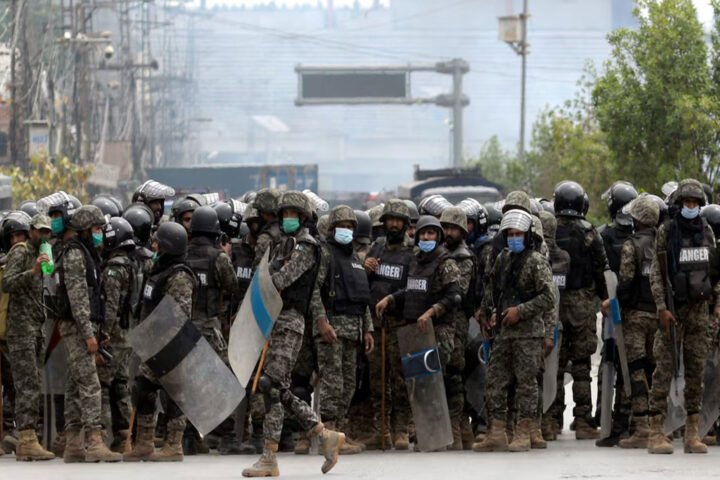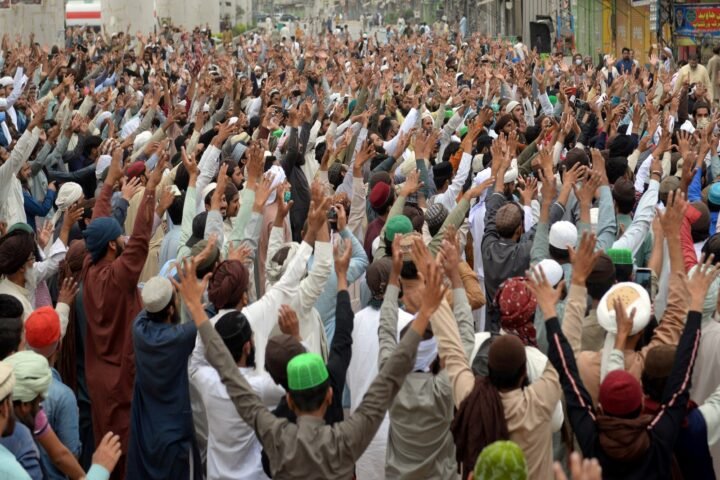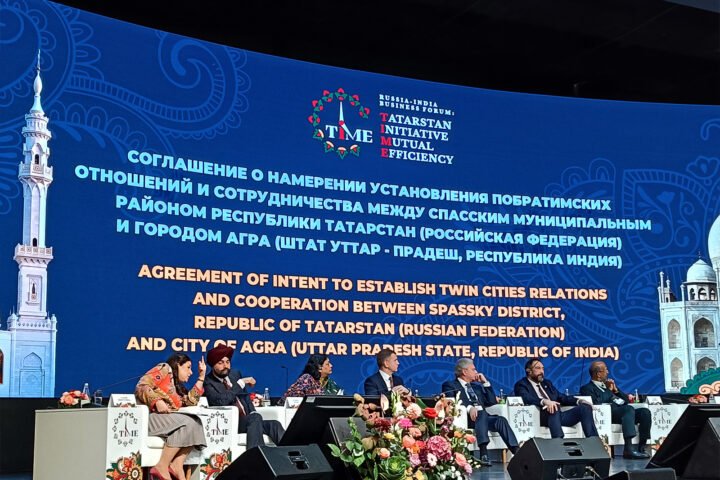Ecuador and the United States Formalize Security Cooperation Agreement
On July 31, 2025, Ecuador’s President Daniel Noboa and U.S. Secretary of Homeland Security Kristi Noem signed a significant security cooperation agreement in Quito, focusing on the exchange of intelligence and coordination of criminal investigations, amid critiques of Noboa’s neoliberal reforms., reports 24brussels.
The agreement underlines a commitment to enhance bilateral security efforts through the sharing of critical information, which includes the deployment of U.S. intelligence agents in Ecuador and Ecuadorian law enforcement officials in the United States. This initiative aims to strengthen border control and combat organized crime, positioning Ecuador as a leading player in regional security alongside the U.S.
During the signing event, Noem emphasized cooperation against “criminal gangs and terrorist organizations.” However, critics argue that this partnership may compromise Ecuador’s sovereignty by allowing deeper U.S. military influence in the nation’s internal security operations. The framework, they contend, raises concerns over the potential militarization of Ecuador’s law enforcement under the guise of fighting crime.
On the same day, multiple social and labor organizations took to the streets of Quito to protest Noboa’s recently approved neoliberal policies. These reforms, endorsed by his party-dominated National Assembly, are perceived to erode labor rights, leading to mass layoffs and significant austerity measures. Activists expressed their concern over the disbanding of the Ministry of Women and the merger of environmental and cultural agencies into other ministries, arguing that these actions undermine gender justice and environmental protections.
Protests included a symbolic demonstration outside the Israeli embassy, linking Ecuador’s security collaboration with the U.S. to complicity in global injustices, particularly concerning the Israeli occupation of Palestine.
Economists and grassroots leaders, such as Marcelo Varela, criticized the administration’s dependence on foreign influence and austerity policies mandated by the International Monetary Fund (IMF). Varela warned that aligning Ecuador’s security strategies with Washington might exacerbate existing structural issues rather than alleviate them, asserting that public-sector layoffs and budget reductions threaten to deepen inequality and dismantle safeguards for the most vulnerable.
As the situation unfolds, the stark polarization between proposed government reforms and widespread discontent among civil society underscores the challenges facing Ecuador under Noboa’s administration. The implications of this bilateral agreement, coupled with domestic opposition, present a complex landscape for the future of Ecuadorian governance and its social fabric.










